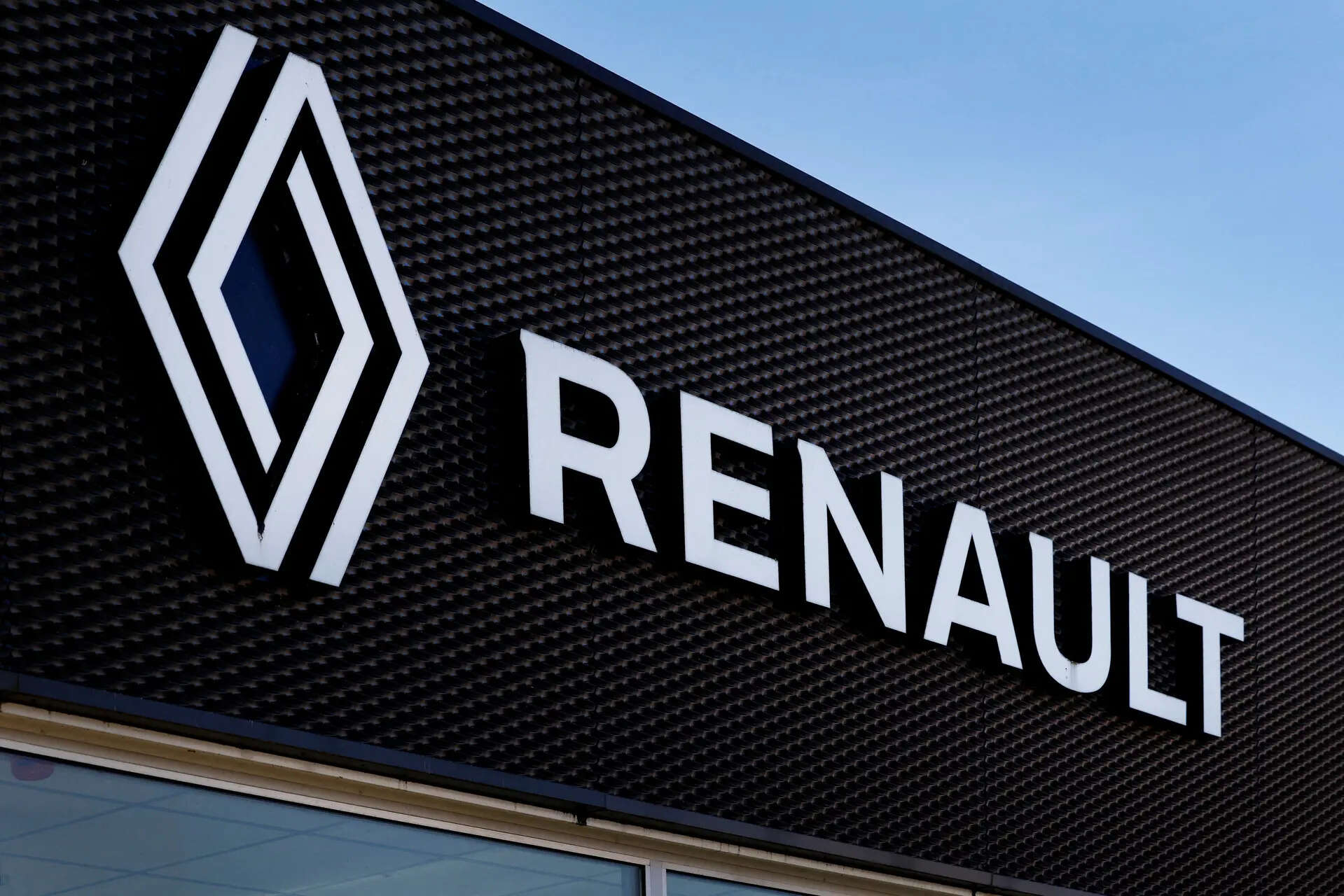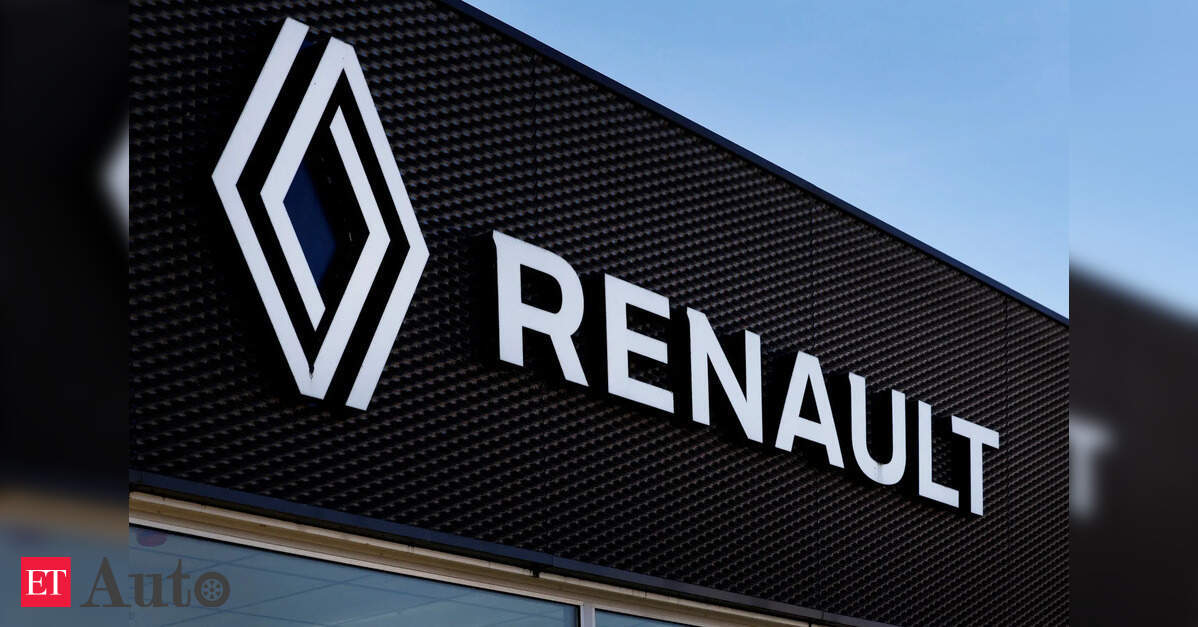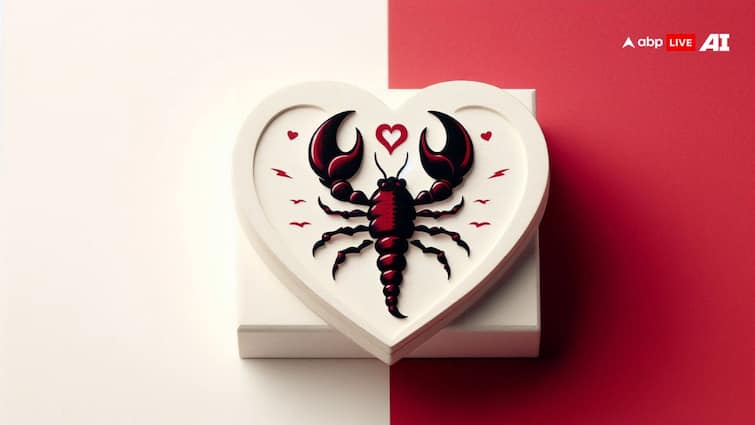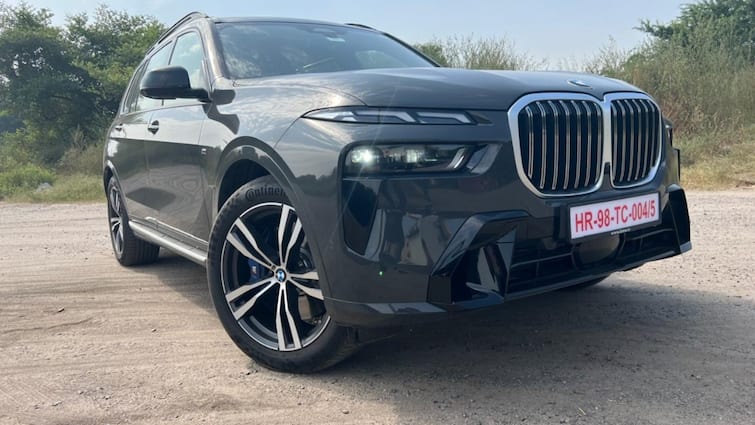 The Chennai plant will now be fully consolidated into Renault Group’s financials, though it will continue to produce Nissan vehicles for the Japanese carmaker.
The Chennai plant will now be fully consolidated into Renault Group’s financials, though it will continue to produce Nissan vehicles for the Japanese carmaker.Renault India expects faster decision-making and sharper focus on the domestic market after acquiring Nissan’s 51 per cent stake in their joint venture, Renault Nissan Automotive India Pvt Ltd (RNAIPL), to become the sole owner of the Chennai plant.
As per Moneycontrol the move, part of the company’s Renault.Rethink transformation strategy, gives Renault complete control over its India operations. “There are no two players at RNAIPL trying to take decisions. There is one chef in the kitchen,” Renault India MD Venkatram Mamillapalle told Moneycontrol. “Any decision will be quick. Product definitions will be quick. Cost reductions will also be a great advantage when you are combining them into one bundle.”
Under the new structure, Stephane Deblaise has been appointed CEO of Renault Group in India, overseeing the tech centre, manufacturing, and commercial operations.
New product pipeline
Renault, which currently sells only three sub-4 metre models — the Kwid hatchback, Triber MPV and Kiger SUV — has seen its volumes slide from 92,268 units in FY21 to 37,900 units in FY25, according to SIAM.
The company has refreshed the Triber and Kiger this year and will next launch a B+ segment SUV followed by a C-segment SUV, marking its entry into the over-4 metre category. “At present, I am having only sub-4 metre vehicles. But now, I am going to play in the over-4 metre segment as well,” Mamillapalle said.
Renault has earmarked ₹5,400 crore for product development in India under the Renault.Rethink plan, announced in February 2023.
GST relief passed on
Following GST rate rationalisation, Renault has reduced prices of its models. The Kwid is now cheaper by up to ₹55,095, the Triber by up to ₹80,195, and the Kiger by up to ₹96,395. The revised prices start at ₹4,29,900 for the Kwid, and ₹5,76,300 for both the new Triber and Kiger (ex-showroom).
Mamillapalle welcomed the GST reform as “a continuous process for the nation to grow,” adding that the ultimate beneficiary would be the consumer.
Ethanol readiness
On ethanol blending, the Renault India chief said the company has been producing E20-compliant vehicles since mid-2023. “We have not received any serious complaints. Even if it goes to E30 or E45, we will be compliant as well. In Brazil we already use flex fuel, so for us it is plug and play,” he said.
The Chennai plant, started in 2010 with an annual capacity of over 4 lakh units, will now be fully consolidated into Renault Group’s financials, though it will continue to produce Nissan vehicles for the Japanese carmaker.




